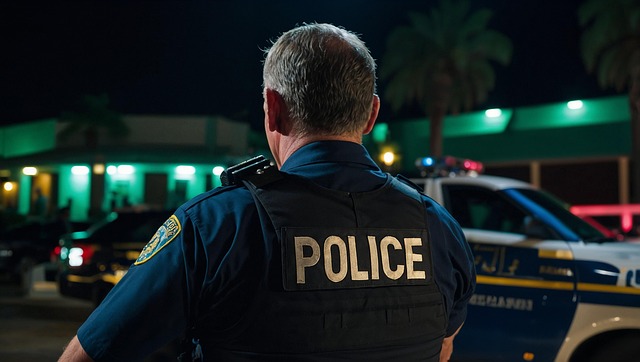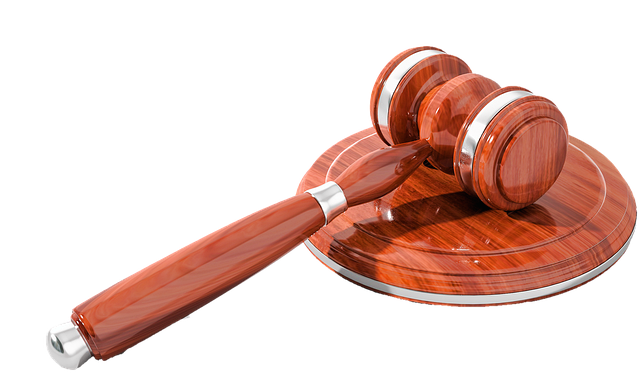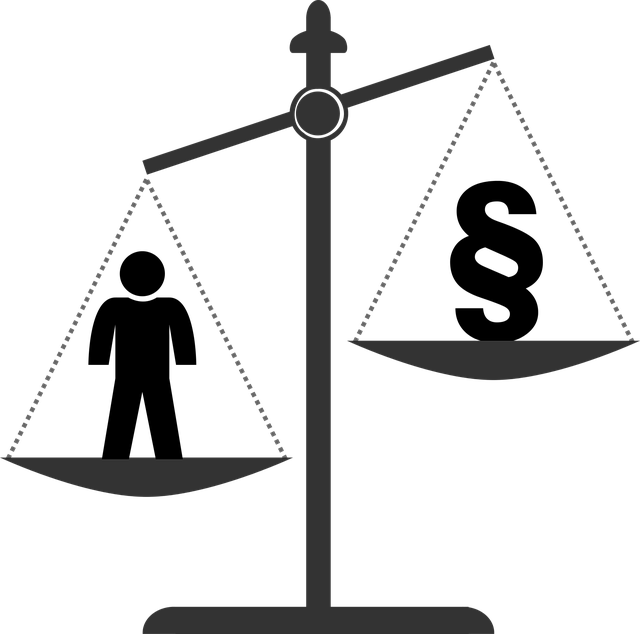Financial crime investigations are a critical mechanism for justice and integrity in finance. Skilled investigators analyze records, uncover illegal activities like fraud, money laundering, and corruption while balancing law enforcement with individual rights through strict adherence to due process in criminal law cases. Due process is key for fairness, protecting against arbitrary prosecution and ensuring just outcomes. Attorneys navigate complex rules, safeguarding clients from false indictments. Evidence collection involves systematic documentation, advanced technology, and expert witnesses. These investigations impact criminal law by exposing illicit networks, challenging frameworks, and preventing miscarriages of justice. Proactive measures enhance prevention through transparency, stricter standards, and international cooperation.
In the intricate landscape of finance crime probes, understanding the nuances of investigations is paramount. This article delves into the critical components shaping the fight against financial illicit activities. From unraveling complex schemes to ensuring justice, we explore key aspects such as the role of due process in prosecution and the importance of safeguarding defendant rights. Additionally, it highlights challenges in evidence collection and analyzes the profound impact on criminal law, offering insights into best practices for prevention.
- Understanding Financial Crime Investigations
- The Role of Due Process in Prosecution
- Safeguarding Defendant Rights During Probes
- Challenges and Best Practices in Evidence Collection
- Impact on Criminal Law and Future Prevention
Understanding Financial Crime Investigations

Financial crime investigations are a critical aspect of ensuring justice and maintaining integrity within the financial sector. These probes delve into complex web of transactions, focusing on uncovering illegal activities such as fraud, money laundering, and corruption. Understanding the process is paramount, especially when considering the intricate balance between law enforcement and individual rights, as governed by due process in criminal law cases.
The journey begins with a thorough examination of financial records, led by skilled investigators who navigate all stages of the investigative and enforcement process. It involves meticulous analysis, from gathering initial evidence to building a compelling case that can lead to winning challenging defense verdicts or, in some instances, a complete dismissal of all charges. This meticulous approach ensures fairness while striving for justice, highlighting the importance of due process throughout criminal law cases involving financial crimes.
The Role of Due Process in Prosecution

In finance crime probes, the role of due process is paramount to ensuring fairness and integrity in criminal law cases. Due process guarantees that all parties involved in a legal dispute are afforded the right to be heard, enabling them to present evidence, cross-examine witnesses, and challenge accusations. This fundamental principle applies equally to both corporate and individual clients facing financial crime charges, ensuring their respective businesses are not subjected to arbitrary or unjust prosecution.
Adherence to due process is crucial in navigating complex legal landscapes, preventing the complete dismissal of all charges based on procedural errors or insufficient evidence. By following established procedures, investigators can maintain the integrity of their cases, leading to more just outcomes and fostering public trust in the criminal justice system.
Safeguarding Defendant Rights During Probes

During financial crime probes, safeguarding defendant rights is paramount to ensure a fair and just process. In criminal law cases, due process guarantees individuals the right to be heard, providing them with opportunities to present evidence, cross-examine witnesses, and protect against self-incrimination. This is especially crucial in white-collar and economic crimes investigations, where complex financial transactions can make accusations murky. For his clients facing such charges, effective legal representation involves navigating intricate procedural rules while upholding their constitutional rights.
Attorneys play a vital role in ensuring defendants receive fair treatment, including protecting them from unnecessary exposure or false indictments. By employing strategic tactics and leveraging knowledge of due process protections, lawyers can help avoid wrongful accusations and ensure that investigations are conducted fairly. This not only safeguard client interests but also strengthens the integrity of the criminal justice system as a whole.
Challenges and Best Practices in Evidence Collection

Collecting robust evidence is a complex task in finance crime probes, presenting unique challenges given the intricate nature of financial transactions and potential for sophisticated manipulation. One significant hurdle is ensuring due process in criminal law cases, where every step must be meticulously documented to preserve the integrity of the evidence and protect the rights of all parties involved. This requires a systematic approach, starting with thorough documentation and preservation of digital records, which often include complex financial data.
Best practices in this domain involve utilizing cutting-edge technology for data analysis and forensic accounting. Across the country, law enforcement agencies with an unprecedented track record in financial crime investigations have adopted advanced tools to sift through vast datasets efficiently. Additionally, expert witnesses play a pivotal role in interpreting intricate financial information for jury trials, ensuring that evidence is presented clearly and compellingly.
Impact on Criminal Law and Future Prevention

The impact of financial crime probes on criminal law is profound. These investigations not only reveal intricate networks of illicit activities but also challenge existing legal frameworks. As prosecutors uncover evidence, they must navigate complex issues, ensuring due process in criminal law cases. This involves a thorough examination of every step, from the initial suspicion to the final verdict, to safeguard the rights of the accused. The goal is to achieve justice while maintaining integrity within the system, preventing potential miscarriages of justice.
Looking ahead, these probes offer valuable insights into refining prevention strategies. By understanding the tactics employed by financial criminals and the vulnerabilities in current systems, policymakers and law enforcement can strengthen regulations and oversight. This includes enhancing transparency, implementing stricter compliance standards, and fostering international cooperation to combat white-collar defense efforts. Such proactive measures aim to deter future criminal activities and ensure that all stages of the investigative and enforcement process are conducted with utmost fairness and efficiency.
Financial crime probes, encompassing complex investigations and prosecution, require a delicate balance between ensuring justice and safeguarding defendant rights. Understanding the nuances of due process in criminal law cases is paramount. By adhering to best practices in evidence collection and addressing challenges head-on, these probes can effectively deter future offenses while upholding the fundamental principles of fairness. The impact extends beyond individual cases, revolutionizing criminal law and fostering a safer financial landscape for all.






